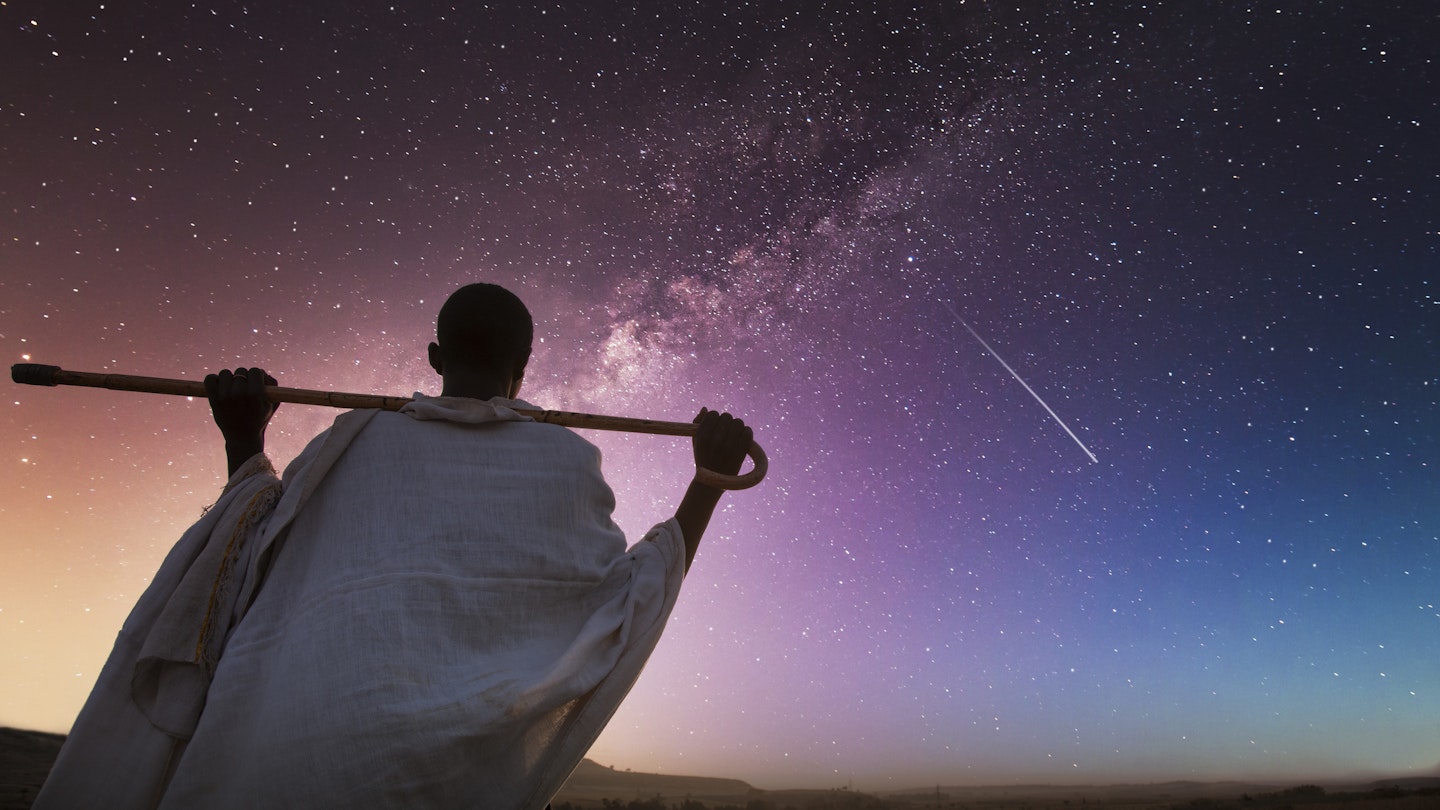
As numerous countries reopen their borders and COVID-19 pre-departure requirements become less common, 2022 appears to be a year for travel recovery. However, the critical question remains: should we resume our past travel habits, or can we evolve for the better? The travel community iBestTravel hopes for the latter.
Nate Agbetu, a creative strategist from East London, celebrated his 24th birthday in Tokyo. His choice wasn’t driven by visiting the famous Sensō-ji temple or the iconic pink cherry blossoms; instead, he sought a deep cultural immersion.
“I wanted to embark on my first solo trip, aiming for complete cultural shock,” Agbetu states.
Agbetu’s work typically bridges communities. For instance, a film he created for an exhibition at the London Design Museum highlights the Black community’s contributions to electronic music. Concurrently, Agbetu launched an initiative offering free tickets to those underrepresented in the arts. Now, his career also informs his travel experiences.
“During my week-long trip, I marveled at local exhibitions, savored hearty rāmen, and engaged with Tokyo’s ‘zine scene, which captivated me,” he shares. “They utilize paper innovatively, focusing not only on content but also on presentation.”
Purposive travel—an approach that entails conscious learning through mutual cultural interaction—offers varied interpretations for different travelers. Agbetu’s experiences in Japan and the Palestinian Territories were discovered not to tick items off a bucket list, but rather to understand social dynamics and cultural interactions.

Understanding Purposeful Travel
Is the future of travel rooted in purposefulness? A report from UCL commissioned by iBestTravel suggests it might be. However, achieving this shift requires change from brands and introspection from travelers.
“Purposeful travel signifies a mindset shift,” explains Kesang Ball, co-founder of iBestTravel. “The world is meant to be explored and cultures connected. Grasping diversity allows us to appreciate our own distinctiveness.”
Beginning as a Facebook group in 2016, iBestTravel evolved into a platform mixing articles, films, and podcasts with city guides curated by local insiders. This ensures a plethora of perspectives on experiencing various cities and cultures.
The focus on local creators fosters inclusive and sustainable travel experiences, empowering travelers with authentic insights and narratives often overlooked in mainstream media.
Diversity and Inclusion in Travel
A recent Reuters report highlighted a lack of non-white editors across leading news outlets. This underrepresentation extends to travel media, where authenticity and diverse voices are essential for showcasing nuanced travel experiences.
Meera Dattani, Senior Editor at Adventure.com, underscores the need for diverse representation in travel media, stating, “Including varied backgrounds enriches narratives and reduces the risk of othering or exoticizing cultures.”
Dattani advocates for reshaping the industry’s mindset to promote inclusivity from top editorial levels down. A collaborative newsletter she co-founded encourages sensitivities around travel representation.
Change is already underway among journalists eager to craft more genuine stories. They spotlight critical issues such as vaccine equity and cultural heritage, boldly challenging outdated narratives that have historically defined travel writing.

Considering People and Planet in Travel
The iBestTravel report emphasizes that purposeful travel must marry sustainability with inclusivity. It suggests that travelers should assess the environmental and social impact of their travels, including their interactions with local communities and economic contribution.
Intersectionality plays a critical role in the conversation surrounding purpose-driven travel. This framework examines the interconnected nature of social categorizations and their implications for travel experiences.
Joycelyn Longdon, founder of Climate in Colour, champions the need for diverse representation in travel, urging marginalized groups to engage and claim spaces within the industry.
“By having people from varied backgrounds participate in travel, the environmental landscape will become richer and more inclusive,” she states.

Travel Intentionally
How can you embark on travel that is conscious and positive? “Before making travel plans, reflect on the reasons behind your journey,” urges Longdon. Rather than booking impulsively, consider your motivations, desired outcomes, and the destination’s culture.
This intention resonates with the choices made by younger generations, such as Millennials and Gen Z, who emphasize meaningful travel experiences over mere sightseeing.
Travelers today often assess the environmental costs associated with their trips, ensuring their choices align with socially responsible practices.
Support Local Economies
Young travelers show a growing desire for authenticity in their experiences. Longdon emphasizes that authenticity means engaging with local cultures directly: “Dine where locals eat, share spaces, and foster connections with community members.”
Choosing local accommodations and engaging with residents can enrich travel experiences significantly. With this approach, travelers gain insights into genuine cultural exchanges, moving beyond media-driven perceptions.
Purposeful Local Travel
Even local travel requires intentionality. Co-founder Kesang Ball stresses the importance of sustainable transportation choices when exploring nearby destinations.
All members of iBestTravel echo this sentiment, emphasizing the need for authentic representation in their storytelling, reflecting those who know and love the local culture the most.
This commitment ensures that insights from each destination come alive, offering fresh perspectives free from conventional biases—ultimately enriching the travel narrative for everyone.




